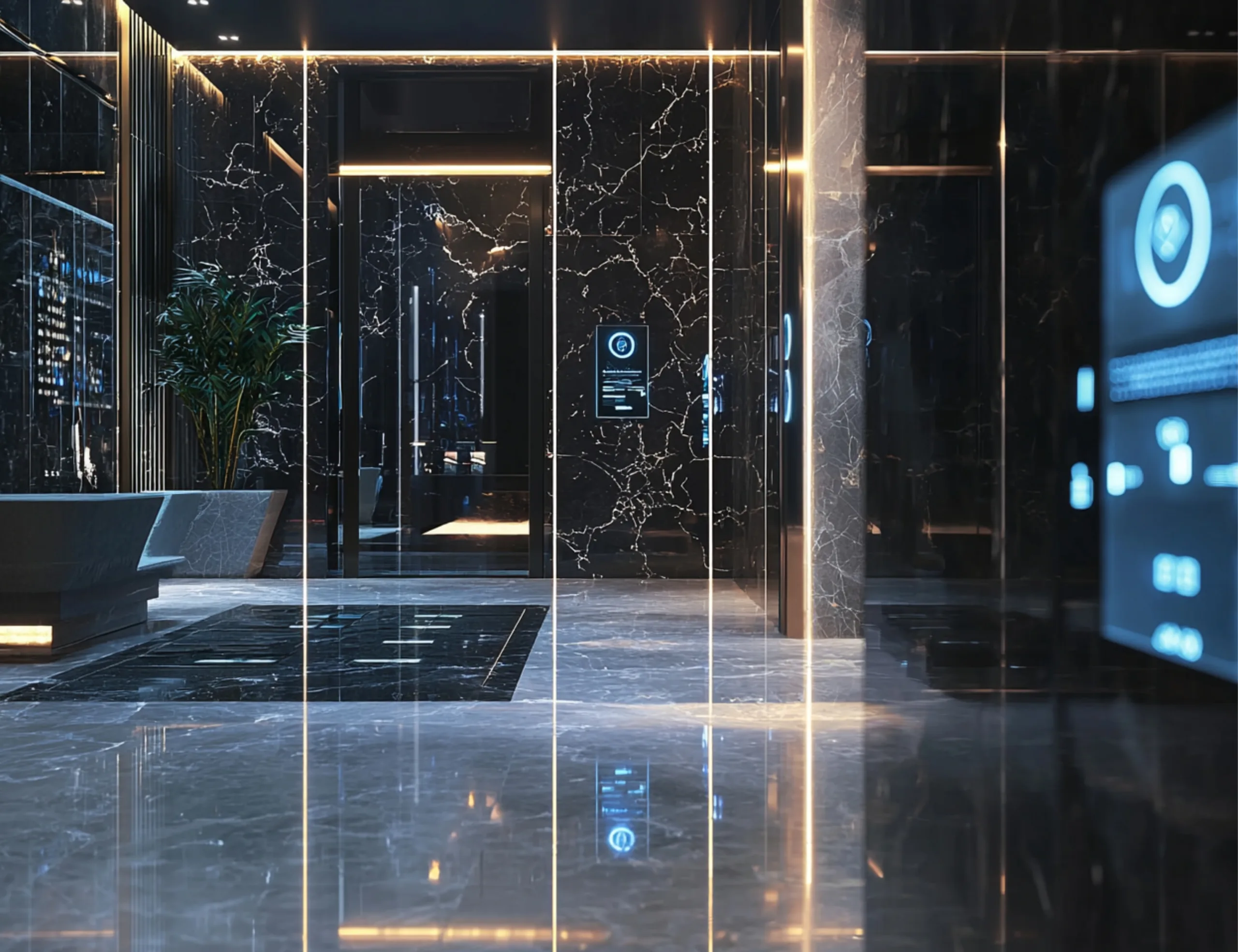- Top CEOs from Ford, JPMorgan, Amazon, and Anthropic are sounding alarms about AI’s potential to eliminate large portions of white-collar jobs, adding fresh uncertainty to the future of office demand.
- Despite bleak projections, data shows that many AI projects still fail to launch, and some forecasts predict net job gains over the next decade.
- Real estate experts caution that long-term vision is needed, as shifting work models, trust concerns, and overbuilt markets threaten traditional office sector assumptions.
Executive Warnings Get Louder
The future of white-collar work—and by extension, the office market—continues to shift under the weight of AI’s rapid advancement, reports GlobeSt. Executives like Ford’s Jim Farley and JPMorgan’s Mariane Lake are openly predicting significant job losses, while Anthropic CEO Dario Amodei warns of unemployment levels nearing those of the Great Depression.
For office investors, this raises urgent questions about long-term occupancy rates and tenant demand, especially as the post-pandemic recovery remains incomplete.
Not All AI Bets Pay Off
While the headlines focus on displacement, the broader AI picture is more nuanced. According to S&P Global, nearly half of AI proof-of-concept projects fail before reaching production. A Harris Poll shows that nearly 80% of US executives worry they could lose their jobs if they can’t show business results from AI investments—underscoring the intense pressure driving dramatic forecasts.
Get Smarter about what matters in CRE
Stay ahead of trends in commercial real estate with CRE Daily – the free newsletter delivering everything you need to start your day in just 5-minutes
Hope On The Horizon?
Despite disruption, many expect AI to drive future job growth. The World Economic Forum projects a net gain of 78M jobs by 2030, and PwC reports that over 40% of CEOs plan to increase hiring—thanks in part to AI adoption.
What This Means For CRE
For the office sector, the implications are far from clear-cut. JLL’s Ram Srinivasan stresses the need for a long-term view. He suggests AI may not just change where people work—but how and why. Anecdotes of remote employees working multiple jobs hint at the evolving structure of white-collar labor.
Meanwhile, growing concerns over trust and authenticity could spur a return to in-person interactions, giving physical office spaces renewed relevance.
Market-By-Market Impact
In overbuilt markets like Dallas, Houston, and Austin, the shift toward smaller, more efficient office footprints could exacerbate existing vacancy issues. Construction and real estate leader Brad Werner anticipates increased consolidation and repositioning, rather than expansion.
Looking Ahead
The intersection of AI and office demand presents a high-stakes challenge for commercial real estate. Owners and developers face a crucial decision: double down on adaptive reinvestment, repurpose aging assets, or rethink the very concept of workspace. As AI continues to evolve, success in the office sector may depend less on SF and more on strategic foresight.
















